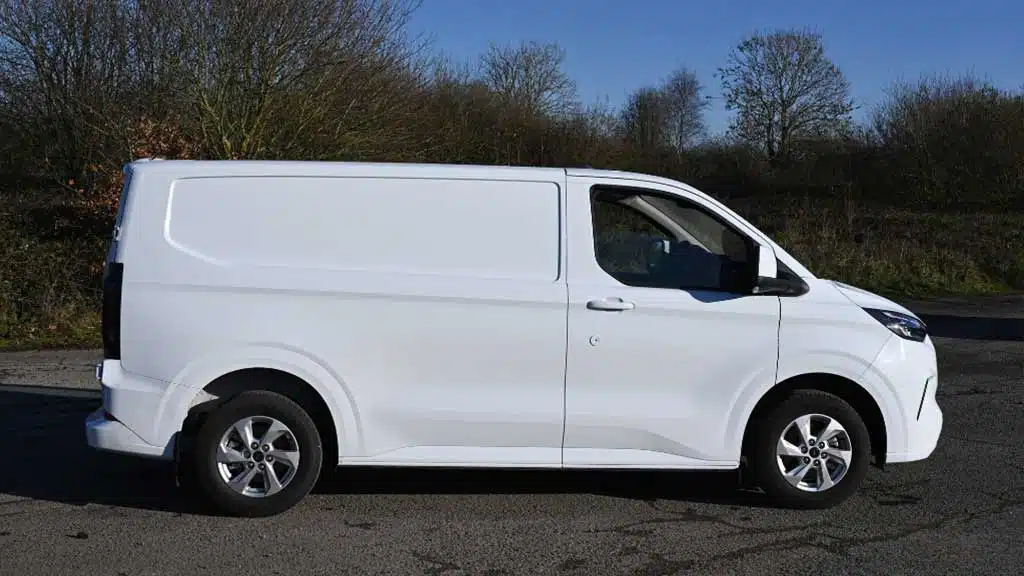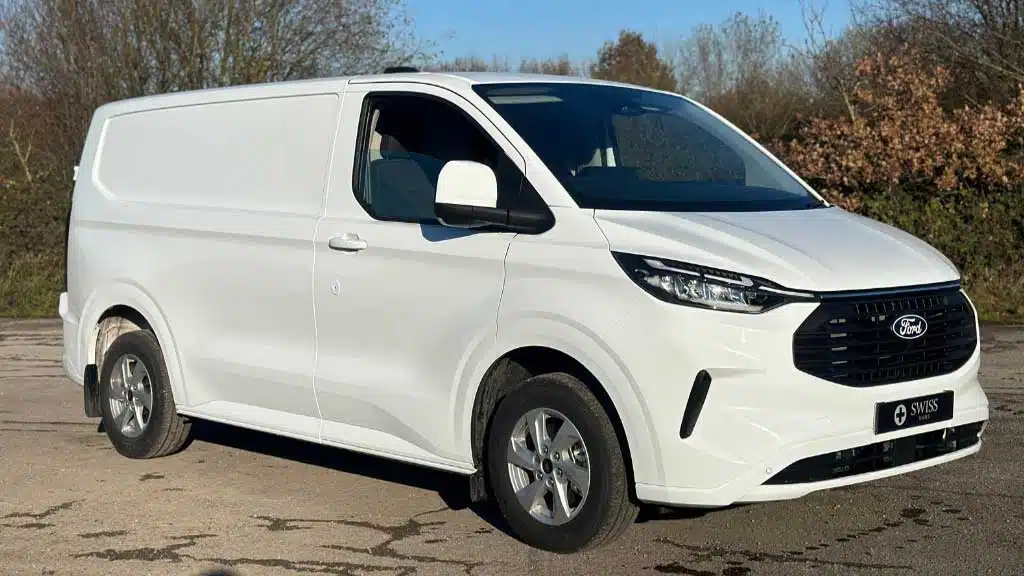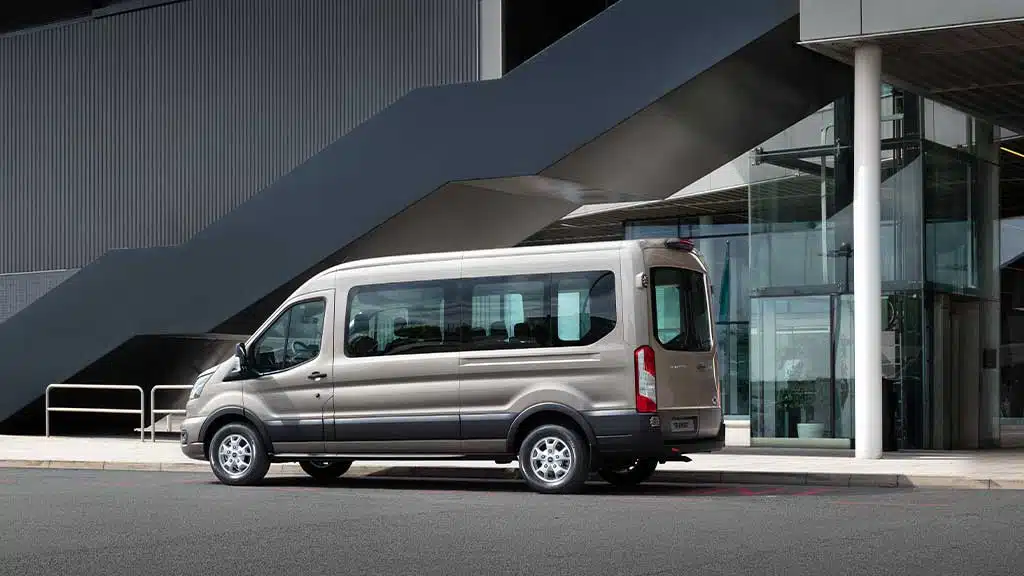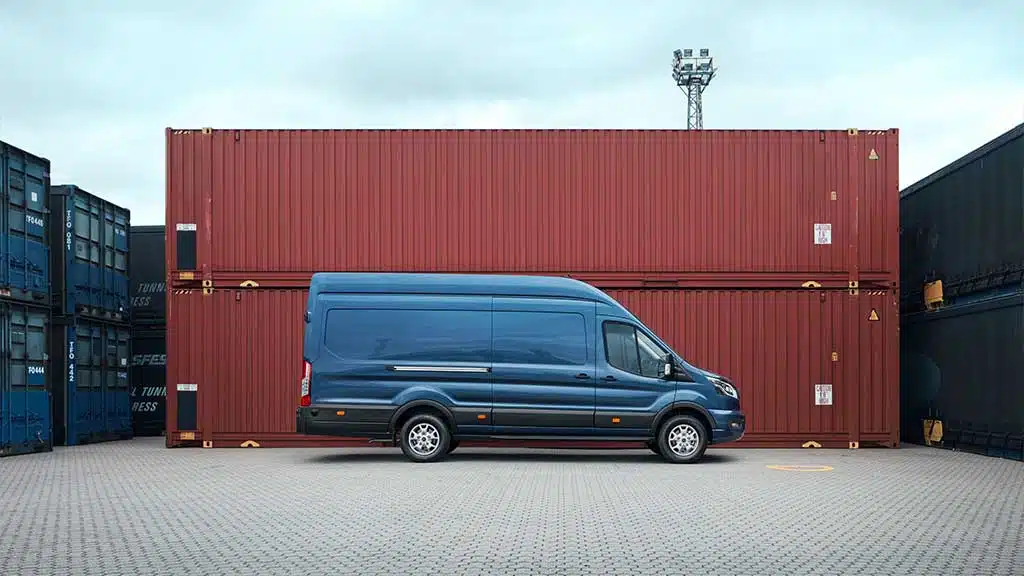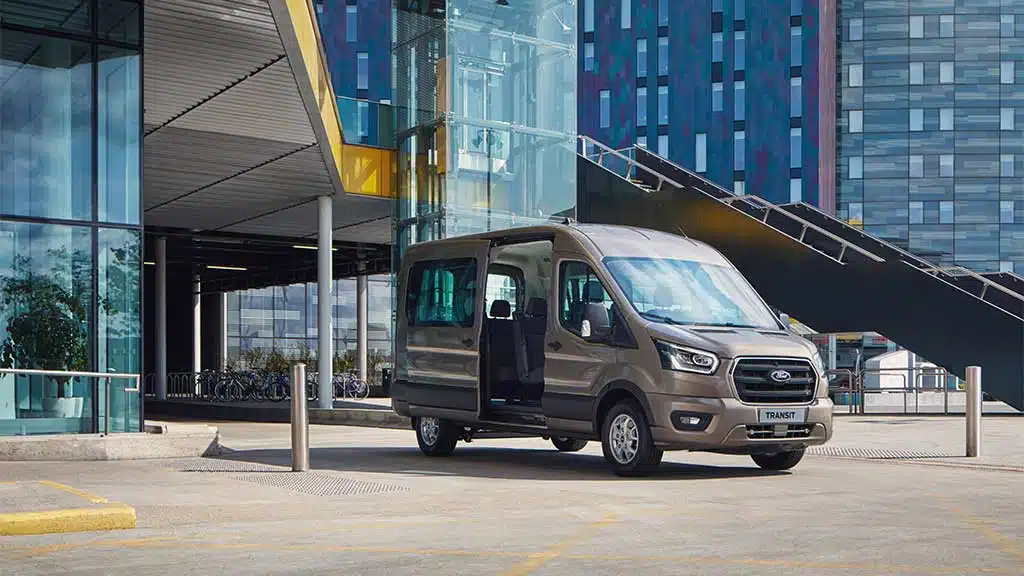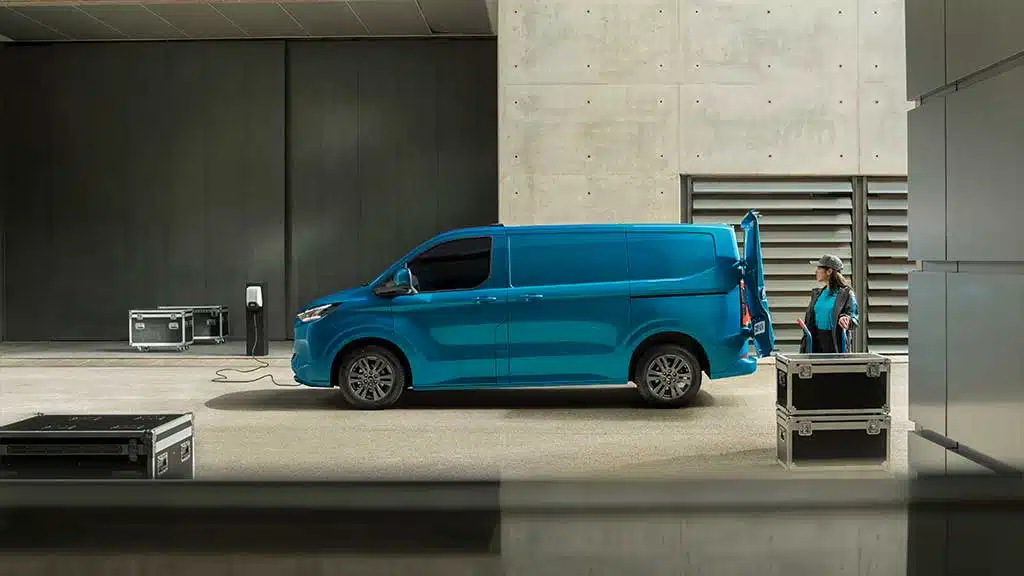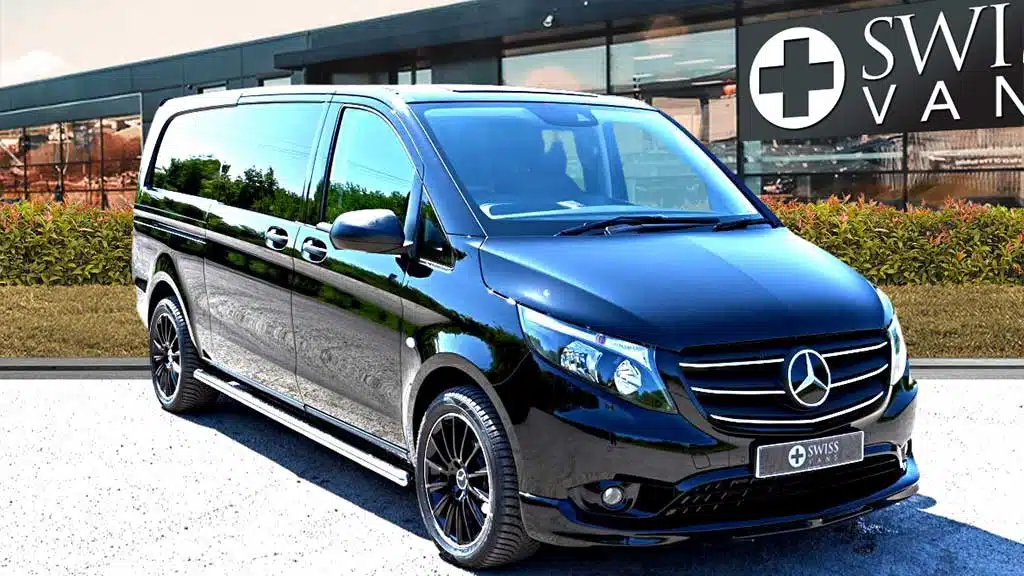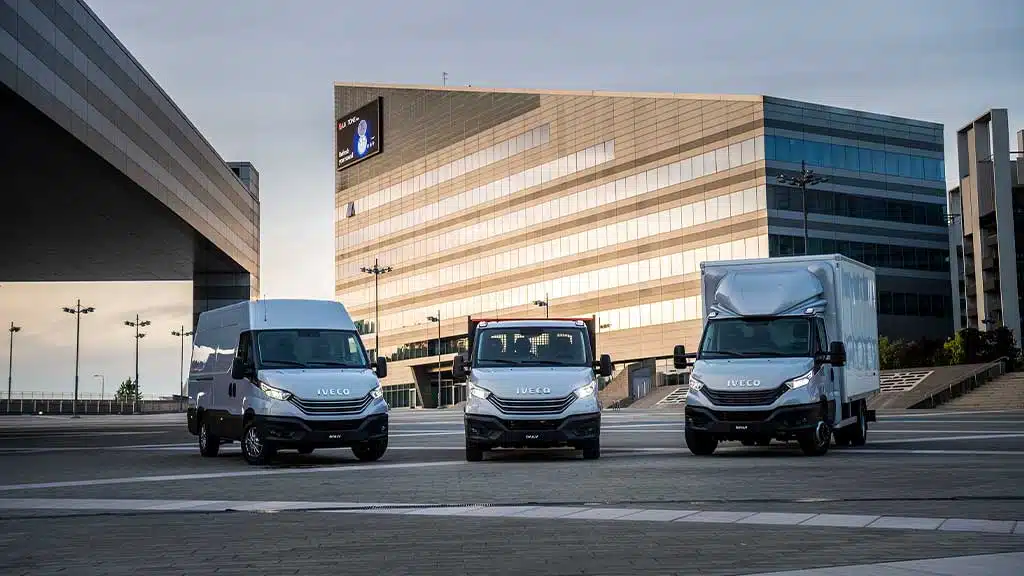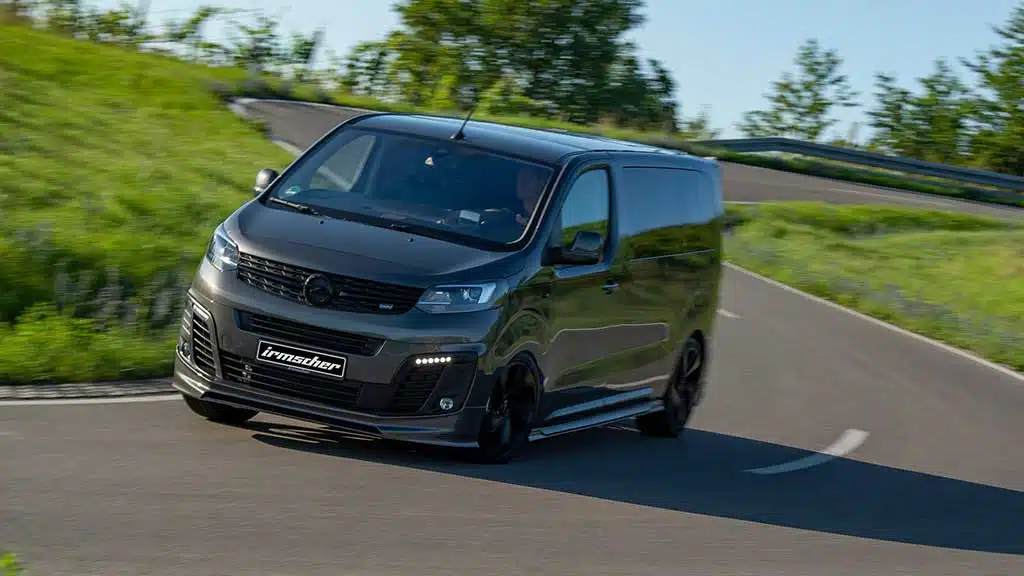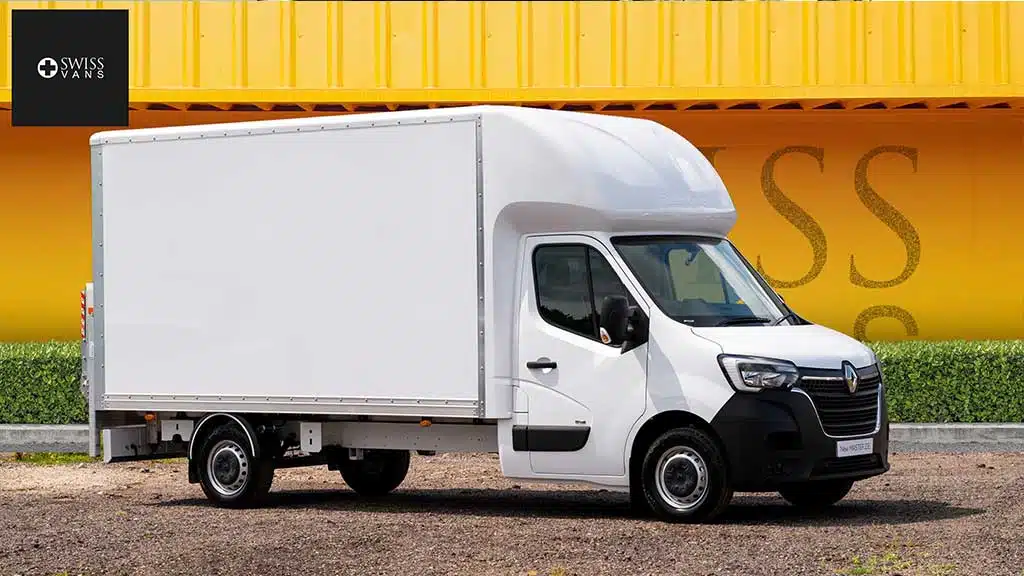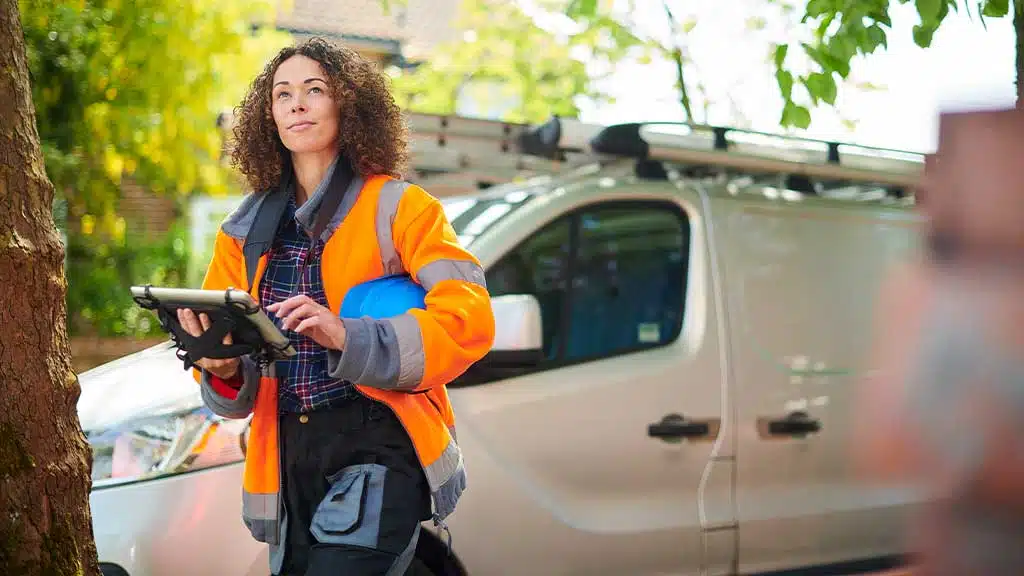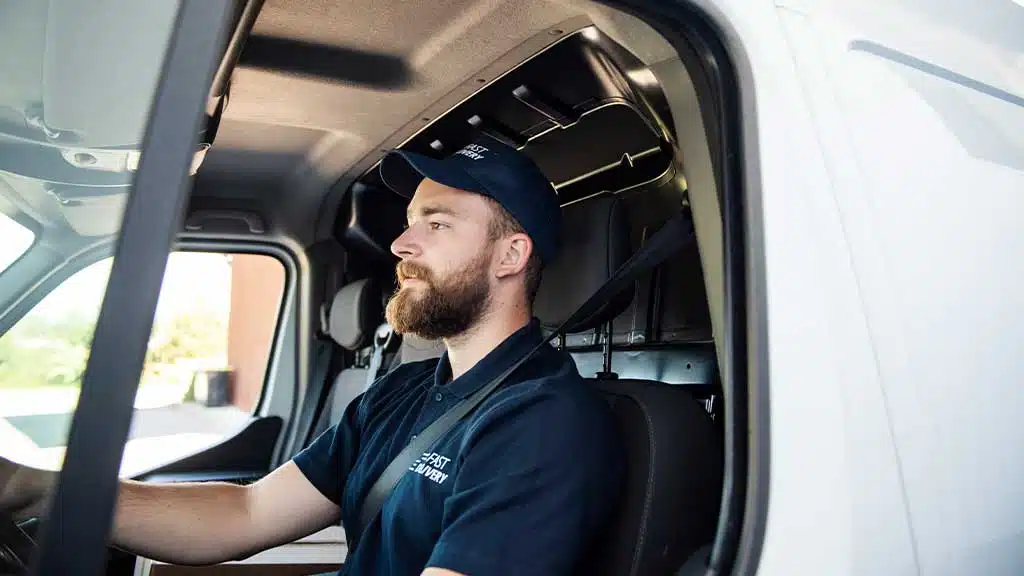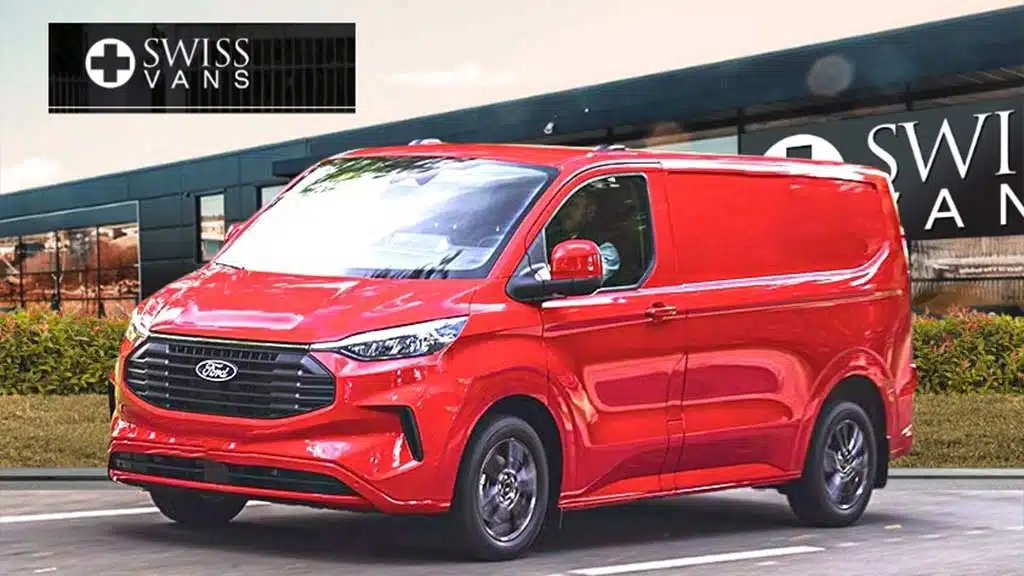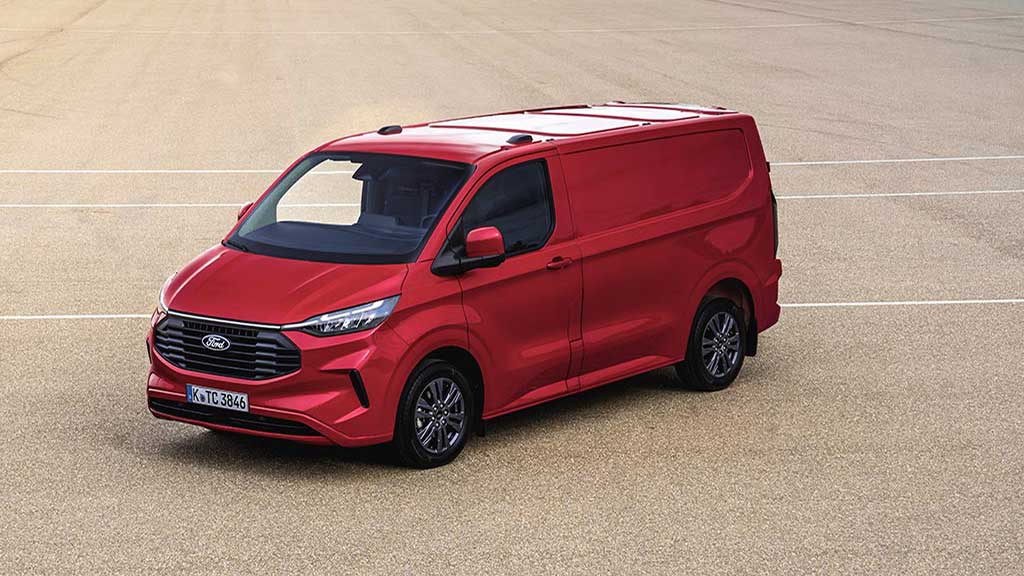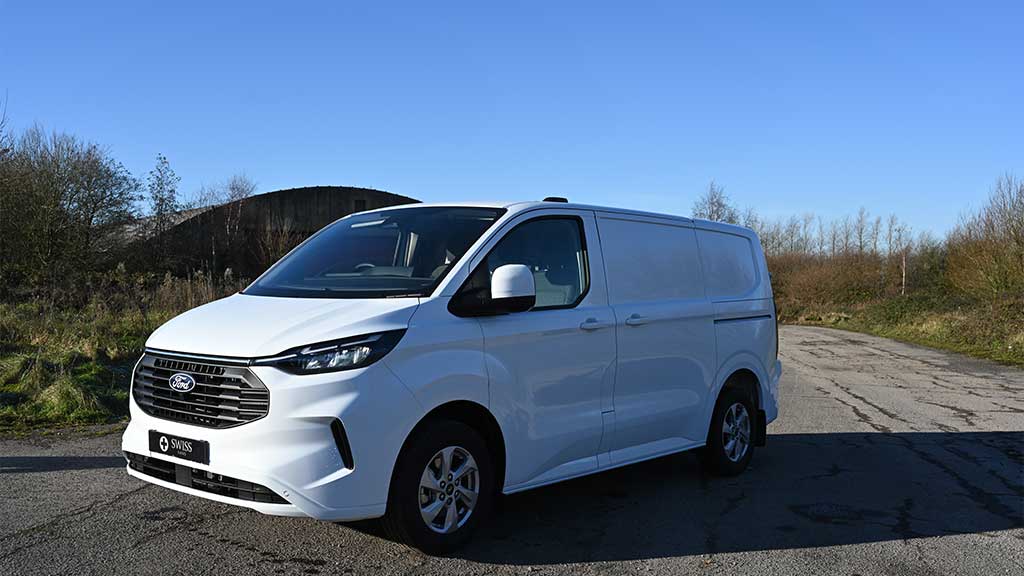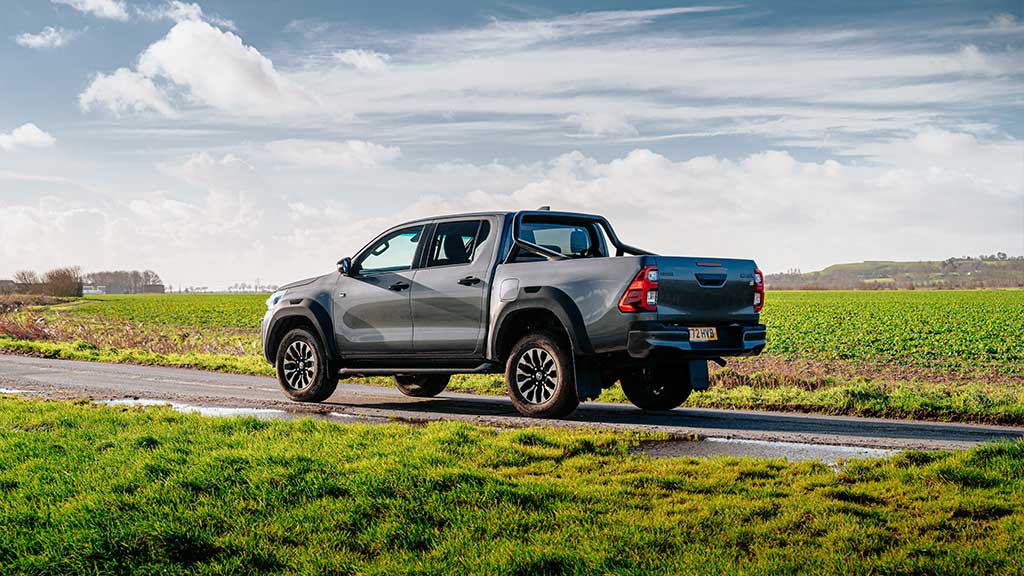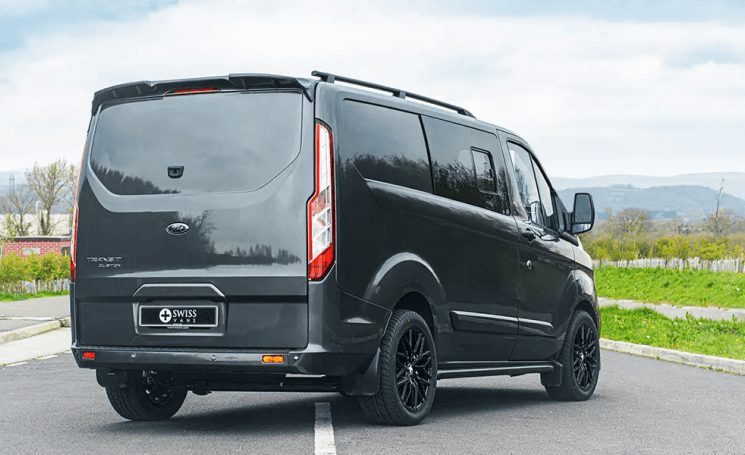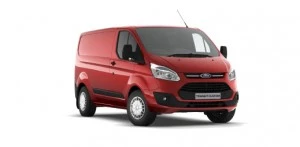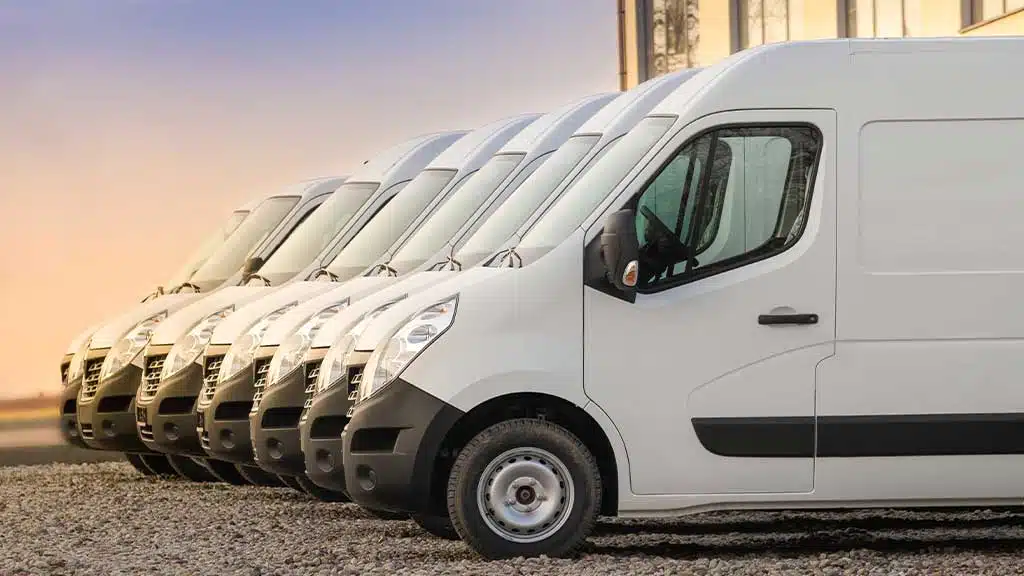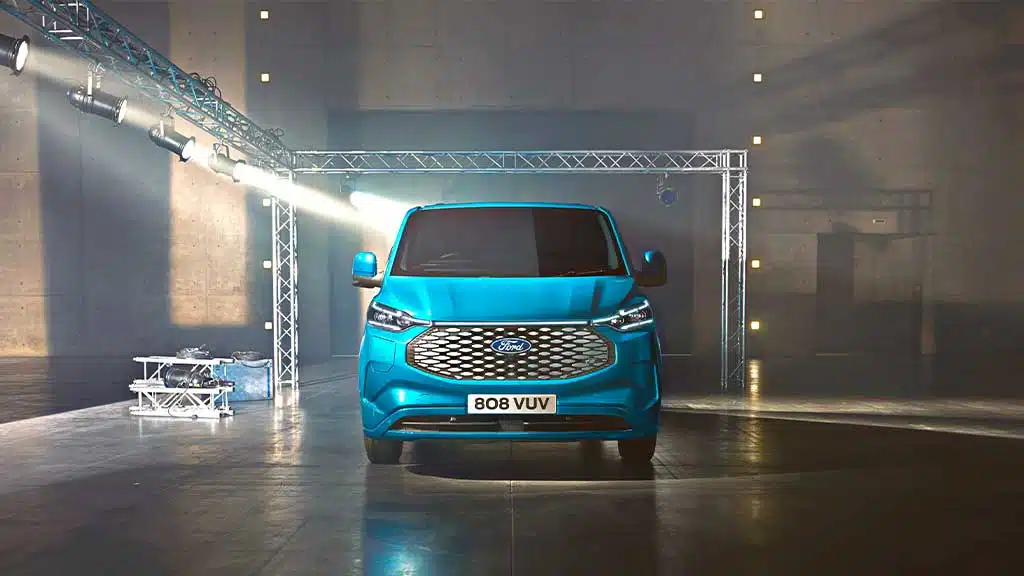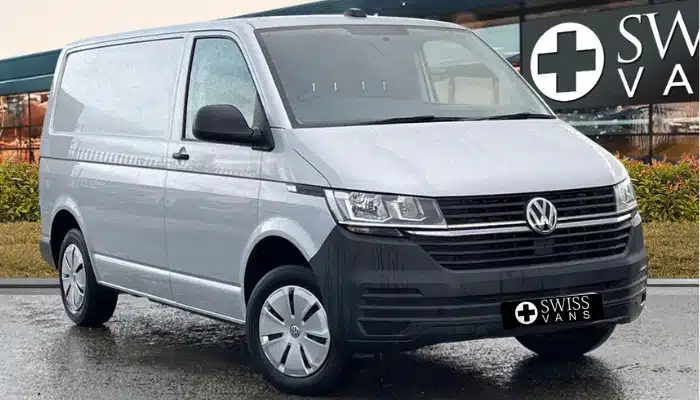With the growing concerns related to global warming, the world is steadily moving towards sustainable and eco-friendly practices. And the automobile sector is no different. One of the most significant outcomes of this paradigm shift is the introduction of electric vehicles.
For instance, businesses concerned about their carbon footprint and wanting to embrace environment-friendly alternatives are upgrading their fleet with electric vans. But while electric vans can offer a host of business benefits, the switch to this new-age mode of transport also presents several challenges.
Let us take a deeper look at the impact of electric vans on the commercial sector-
Benefits of Commercial Electric Vans
Electric Vehicle or EV adoption is steadily rising in the commercial sector due to the growing need for sustainable transportation alternatives. An increasing number of businesses across the world are recognizing the valuable benefits of EVs like electric vans in reducing their environmental impact, enhancing operational efficiency, and cost savings.
Some of the top advantages of electric vans include-
1. Environment-Friendliness
The biggest advantage of electric vans in the commercial sector is their eco-friendly build. The traditional fuel-powered vans significantly contribute to air pollution and greenhouse emissions. But electric vans are powered by batteries and produce zero tailpipe emissions. Thus, they help mitigate the harmful impact of traditional fuel vans on climate change and air pollution.
Apart from helping the environment, a business committing itself to eco-friendly practices also improves its image and fosters positive relationships with consumers who are becoming increasingly environmentally conscious.
2. Operational Efficiency
Another considerable benefit of electric vans is the efficiency they add to your day-to-day operations. The traditional vans feature ICE (Internal Combustion Engine), which is known to be noisy and generate substantial vibrations. But electric vans are known to be smooth and quiet. As a result, they help reduce noise pollution and create a more a more positive work environment for your crew.
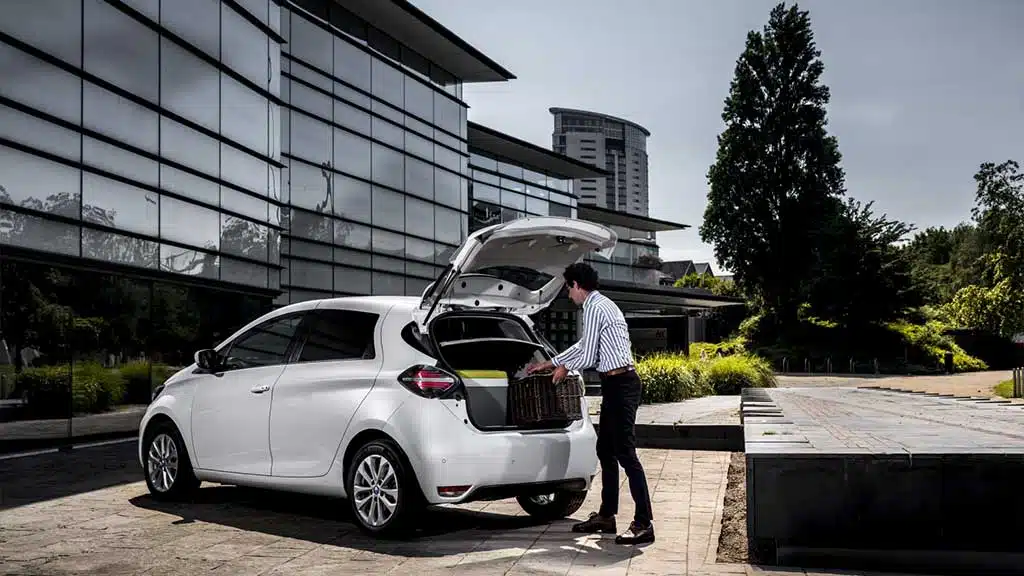
Moreover, electric vans offer instant torque and quick acceleration to deliver improved performance. These benefits translate into improved operational efficiency, especially for businesses involved in delivery and transportation services.
3. Cost Savings
Electric vans are generally more expensive than traditional fuel-powered vans. But while the upfront investment is higher, they do offer significant savings in the long run. To begin with, electric vans do not need fuel. And with the fuel costs consistently rising, this aspect alone can help a business save a considerable amount of money.
Also, EVs have fewer moving parts, resulting in lower maintenance costs. Moreover, governments in many countries offer incentives, subsidies, and tax credits to encourage EV adoption. In the UK, you can be eligible for a grant of up to £2,500 on the purchase of a smaller electric van and up to £5,000 on larger electric vans.
4. Regulatory Compliance
The regulatory landscape with regard to emissions is undergoing significant changes globally. The governments are making the emission norms more stringent to address air quality concerns and climate change. For instance, diesel and petrol vans in the UK should comply with Euro 6 and Euro 4 emission rating guidelines respectively.
As electric vans do not produce any tailpipe emissions, they can help you ensure that your fleet always remains compliant with the stringent regulations. This can help businesses protect themselves from potential fines, future-proof their fleet, and exhibit a proactive approach to corporate responsibility.
5. Team Satisfaction
Apart from the environmental and operational advantages, the transition to electric vans also influences your workforce in terms of satisfaction and talent retention. The quiet and smooth functioning of EVs contributes to a more pleasant and comfortable driving experience. This directly influences the satisfaction levels of your drivers and crew.
Satisfied employees are more likely to remain with your company, reducing turnover rates and associated recruiting costs. Moreover, your latest fleet of electric vans can also attract top talent by serving as a powerful tool for recruitment in a highly competitive job market.
What are the Common Challenges of Adopting Commercial Electric Vans?

As mentioned above, the switch to electric vehicles comes with its share of challenges. To encourage widespread acceptance, it is necessary to address these challenges. Some of the most common ones are as follows-
1. Driving Range
A common concern for businesses wanting to upgrade to electric vans is the limited driving range. If the trip is not planned thoroughly, the battery pack of the electric vehicle may run out of charge before reaching the destination.
While battery technologies have advanced significantly in the last few years and EVs now come with better range, the challenge requires the development of a robust charging infrastructure. The government and private entities should collaborate to build a charging network across the UK so that businesses can confidently switch to electric vans.
2. Charging Time
Another significant concern for businesses is the charging time of electric vans. Unlike the convenient and quick refueling process of traditional vans, the charging time required by EVs can pose significant challenges, especially for businesses where quick turnaround times and efficiency are critical.
However, the advancements in fast-charging technology have steadily reduced the charging times. Another innovative technology that is gaining popularity is battery swapping. Rather than waiting for the battery to charge, the depleted battery can be quickly replaced with a fully charged one.
3. Initial Investment
The upfront cost of electric vans is often higher than traditional fuel-powered vans. This is a significant barrier for businesses like small and medium-sized enterprises (SMEs) with limited resources.
The government has a critical role to play in this regard as it can offer tax breaks, incentives, and grants to encourage EV adoption among businesses. In the UK, the government offers tax incentives on the purchase of small and large electric vans. Even financial institutions have introduced favorable financing options to make the transition to EVs less expensive.
4. Maintenance Expertise

Compared to traditional vans, EVs have a simplified mechanical structure and fewer moving parts. However, specialized knowledge is required to address the issues that might arise. It can be difficult for businesses to find skilled technicians with expertise in EVs when something goes wrong.
To mitigate this issue, businesses should invest in training to equip employees with the essential skills to diagnose and repair electric vans. Businesses must also collaborate with service centers specializing in EV maintenance to ensure their vans deliver optimal performance.
5. Resale Value Uncertainty
With battery technologies changing at a rapid pace, another concern for businesses is regarding the resale value of electric vans. If developments continue at the current pace, older models could easily become outdated or less competitive in the market within a few years.
Thus, businesses should adopt strategies that account for the evolving nature of technologies that power EVs. Moreover, as this problem becomes more common in the future, manufacturers will mostly start offering flexible upgrade options, allowing businesses to replace their existing EVs with one of the latest models at discounted prices.
Why Businesses Should Consider Switching to Electric Vans?
Now that you know some of the most important benefits and challenges of electric vans for businesses, let us also take a quick look at some of the top reasons for switching to EVs-
1. Build a More Sustainable Business
Adopting electric vans aligns with the growing emphasis on sustainable business practices. An increasing number of commercial entities are recognizing the need to minimize their environmental impact throughout their operations.
Electric vans significantly contribute to this sustainability initiative by offering a cleaner and greener mode of transportation. In turn, this will enhance the overall sustainability profile of your business and make it more appealing to consumers and investors who are environmentally conscious.
2. Smart Technology Integration
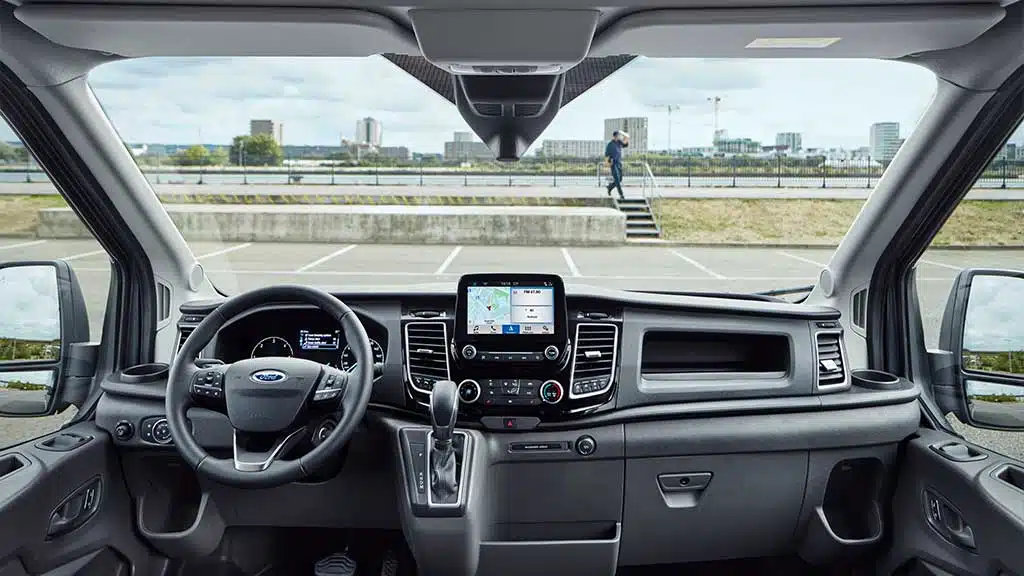
EVs are a lot more than just vehicles. They are integrated with a host of smart technologies which make them more efficient, safer, and cost-effective. For instance, the latest models come with advanced connectivity options and various features like smart co-pilot, facial recognition, and a lot more to pave the path for newer possibilities.
With the help of these advanced features, businesses can optimize route planning, monitor the location and performance of their vans in real time, save fuel, enhance security, and improve overall fleet management. Apart from operational efficiency, these technologies are also setting the stage for a more intelligent and interconnected transportation ecosystem.
3. Overall Economic Growth
The widespread adoption of electric vans in the commercial sector also has a broader economic impact. As the demand for EVs and associated technologies increases, there is also a ripple effect on several other industries. For instance, the manufacturing sector will witness a surge in the production of EV components and infrastructure.
Moreover, the rising need for skilled technicians who excel in EV maintenance will also create job opportunities. Thus, the transformative potential of electric vehicles extends beyond individual businesses and can significantly contribute to economic growth and job creation.
The EV Revolution
While EVs are making their presence felt in the passenger vehicle segment in the UK and across the world, the pace is not the same in the commercial sector. As discussed above, electric vans can surely benefit businesses in several ways but various challenges must be addressed in order to encourage the adoption.
The manufacturers and the governments are steadily working towards these obstacles so that businesses and individuals can confidently upgrade to electric vehicles.
If you’re looking to purchase or lease a commercial van in the UK, Swiss Vans can be the right companion. With over 30 years of industry experience and a vast industry network, we can help you procure the preferred van for your business. Contact us today to know more about our services.



